US refusing to fully remove Iran sanctions after 6 rounds of talks: Sources tell Press TV
Press TV has learned that the United States is still refusing to remove anti-Iran sanctions and honor the commitments required for its return to the 2015 nuclear deal after six rounds of talks in Vienna on a potential revival of the multilateral accord.
Giving a general picture of the US approach toward the nuclear deal under the new administration, sources close to the Vienna talks told Press TV on Tuesday that President Joe Biden was sticking to his predecessor Donald Trump’s “maximum pressure” campaign against Iran.
According to the sources, Washington has so far refused to remove all sanctions on Iran, including congressional laws and executive orders as well as the regulations of the Office of Foreign Assets Control (OFAC), the Treasury Department, and the Judiciary, among others.
Among these sanctions are presidential executive Orders 12959, 13599, 13876 and 13499, along with the Countering America’s Adversaries Through Sanctions Act (CAATSA), the Iran Sanctions Act (ISA), the visa law, Section 311 of the USA PATRIOT Act and the dollar U-Turn.
The sources said that the US administration was still keeping in place the arms embargo on Iran and the respective executive order issued by Trump.
This is while the UN arms ban on Iran was lifted last year under the Joint Comprehensive Plan of Action (JCPOA) and Security Council Resolution 2231, but the Trump administration reinstated the same embargo with an executive order.
The sources noted that the United States has not yet agreed to a complete removal of oil, banking and transportation sanctions in a way that there won't be a need for periodic renewals.
According to the information obtained by Press TV, America had only proposed a temporary suspension of oil and banking sanctions for 120 or 180 days, after which Iran would need to have the consent of the US president again to continue its activities.
According to the sources, the US has not yet accepted a real verification of the sanctions removal, and that it has opposed the removal of the bans altogether and instead relayed the idea of a step-by-step approach.
Additionally, the US has not ruled out the possibility of another withdrawal from the JCPOA and has not provided a guarantee that it will not pull out from the agreement again, the sources said.
Washington has not yet accepted Tehran’s request for a guarantee that anti-Iran sanctions would not be re-imposed and that the so-called snapback provision in the JCPOA would not be invoked.
The sources said the United States keeps insisting on its excessive demands and the imposition of new nuclear commitments on Iran.
Press TV has been informed that the United States does not consider itself obliged to pay compensation for the damages caused by its withdrawal from the JCPOA and the imposition of illegal sanctions on Iran.
According to the information, Iran has urged the United States to avoid pressuring the International Atomic Energy Agency (IAEA) to reopen the so-called possible military dimensions (PMD) file on Iran’s nuclear program, something that has not yet been accepted by Washington.
The United States and Europe have called for the imposition of new commitments, even beyond the JCPOA such as negotiations on Iran’s regional policies in exchange for a temporary suspension of some sanctions, the sources said.
In recent months, envoys from Iran and the P4+1 group of countries have been engaged in the Vienna talks aimed at returning the US to compliance.
A US delegation is also in the Austrian capital, but it is not attending the discussions because the United States is not a party to the nuclear accord.
Trump abandoned the deal in May 2018 and re-imposed the anti-Iran sanctions that the JCPOA had lifted. He also placed additional sanctions on Iran under other pretexts not related to the nuclear case as part of the “maximum pressure” campaign.
Following a year of strategic patience, Iran resorted to its legal rights stipulated in Article 26 of the JCPOA, which grants a party the right to suspend its contractual commitments in case of non-compliance by other signatories, and let go of some of the restrictions imposed on its nuclear energy program.
Now, the Biden administration says it wants to compensate for Trump’s mistake and rejoin the deal, but it is showing an overriding propensity for maintaining some of the sanctions as a tool of pressure.
Tehran insists that all sanctions should first be removed in a verifiable manner before the Islamic Republic reverses its remedial measures.
Hamas thanks Iran, Resistance Front following achievement of ceasefire in Gaza
'Capitulation': Israeli officials and media concede Gaza defeat as truce unfolds
'Gaza has won': Social media users react to ceasefire with mix of relief, joy
Iran seeks South Korea’s assistance for AI, fiber-optic projects
VIDEO | Iran's 'Eqtedar' (Power) maneuver
Israel hits HTS military target in Syria for 1st time since fall of Assad
VIDEO | Press TV's news headlines
Israel has slaughtered 13,000 students in Gaza, West Bank


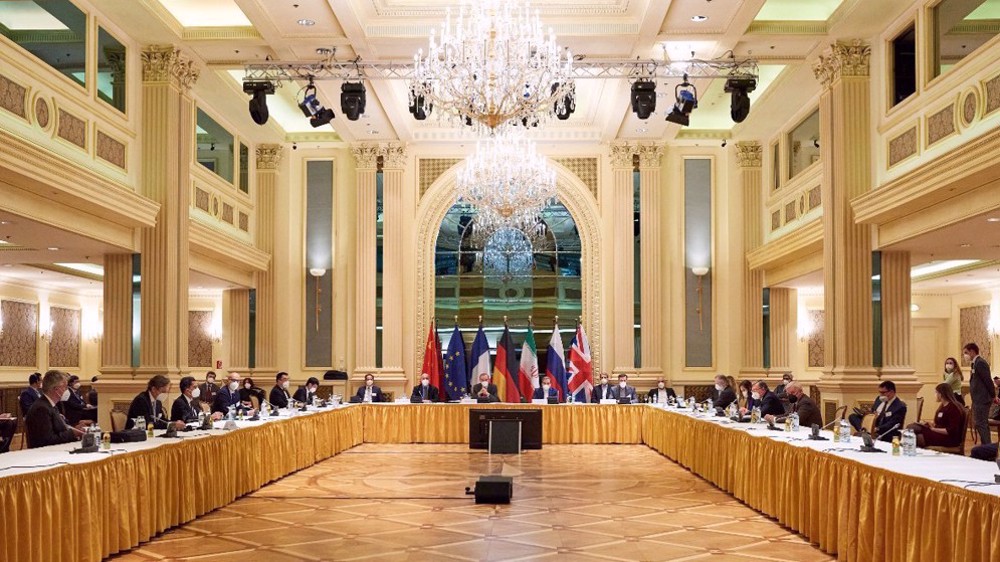








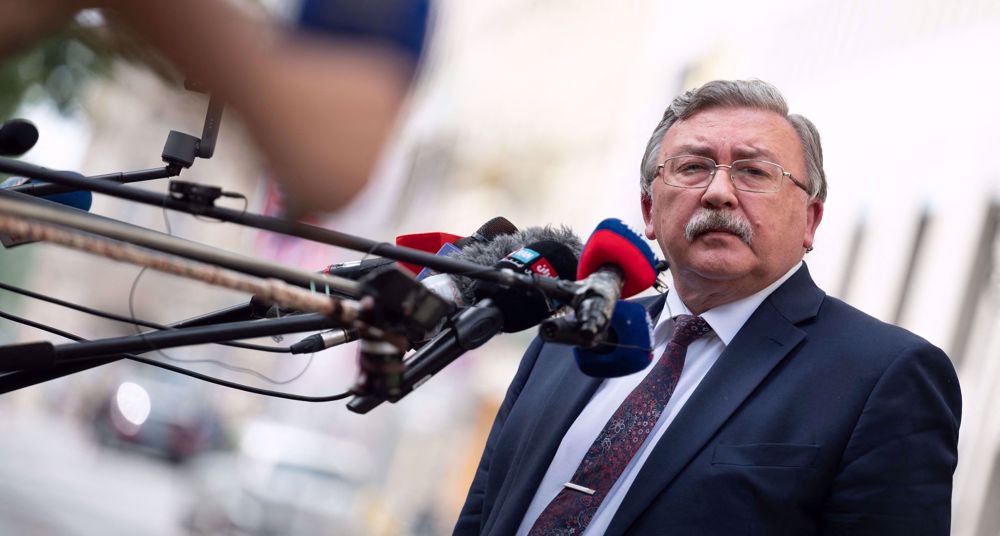
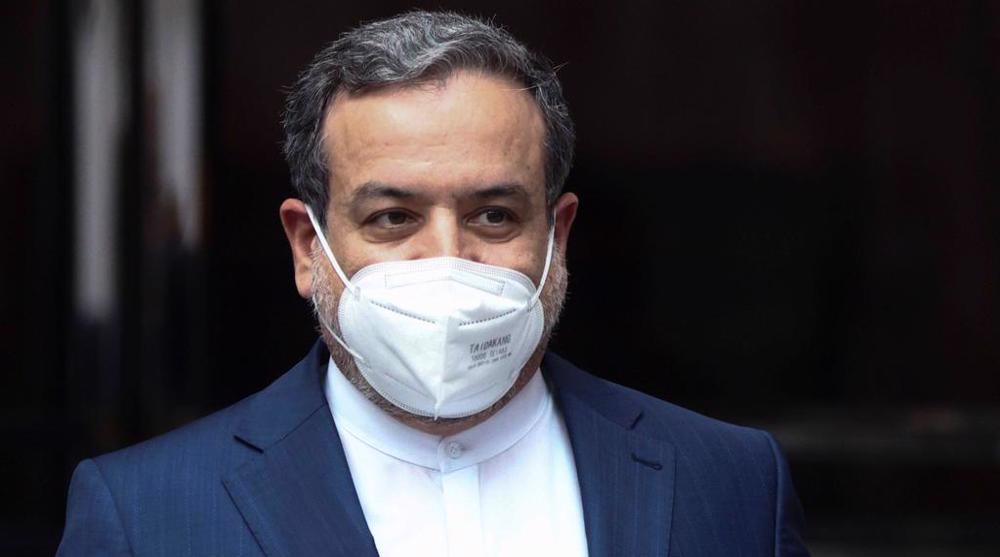
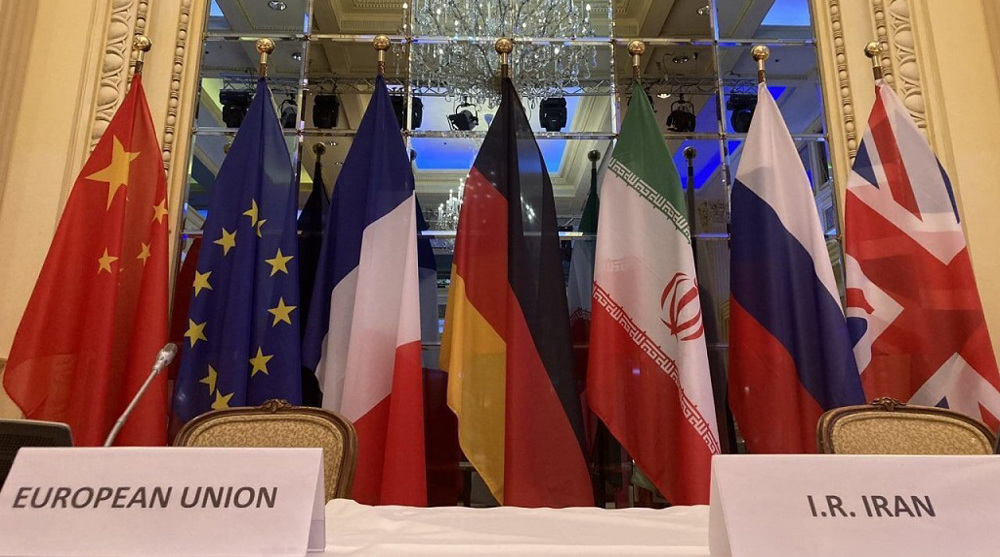
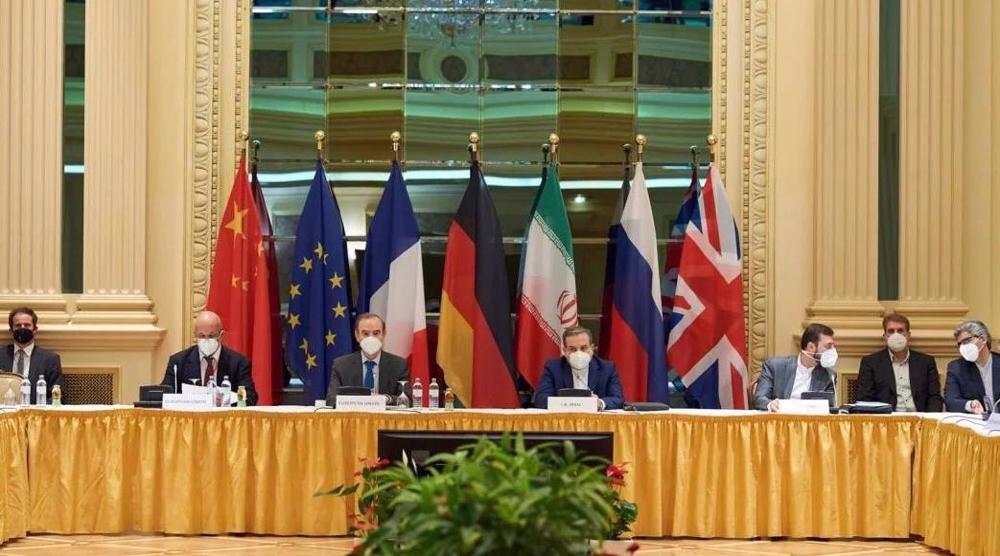
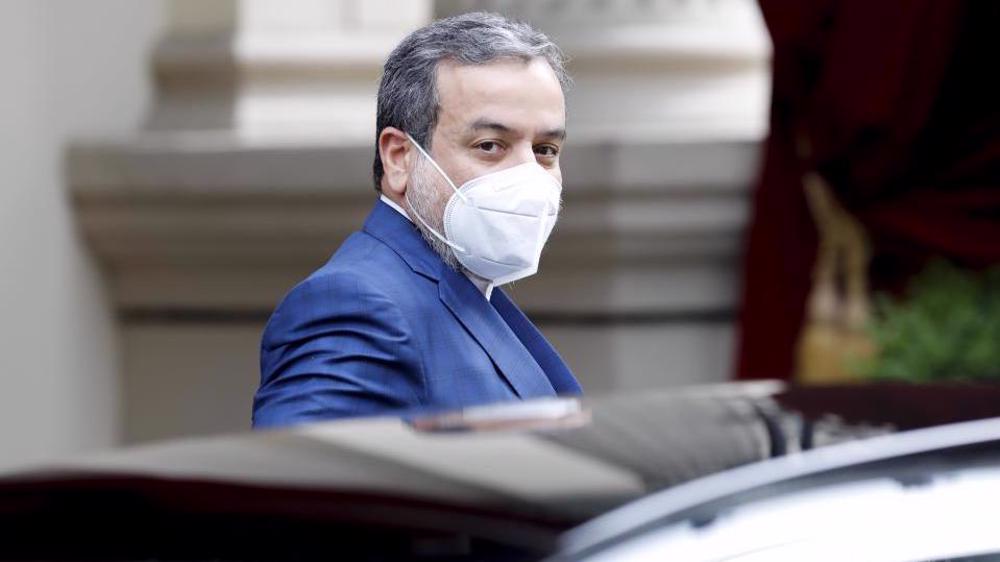

 This makes it easy to access the Press TV website
This makes it easy to access the Press TV website